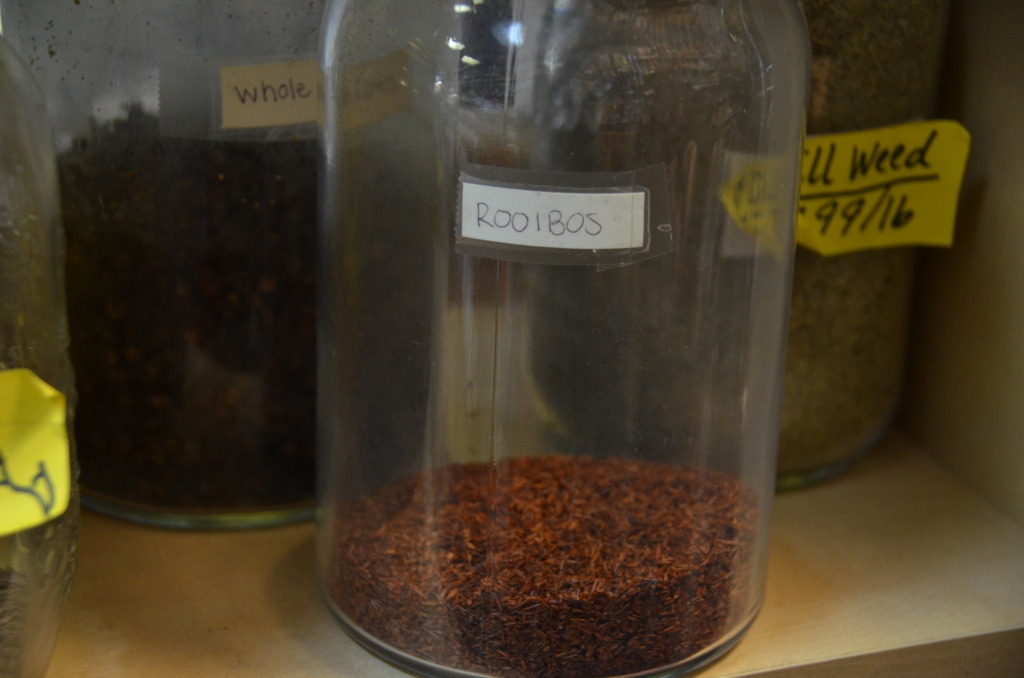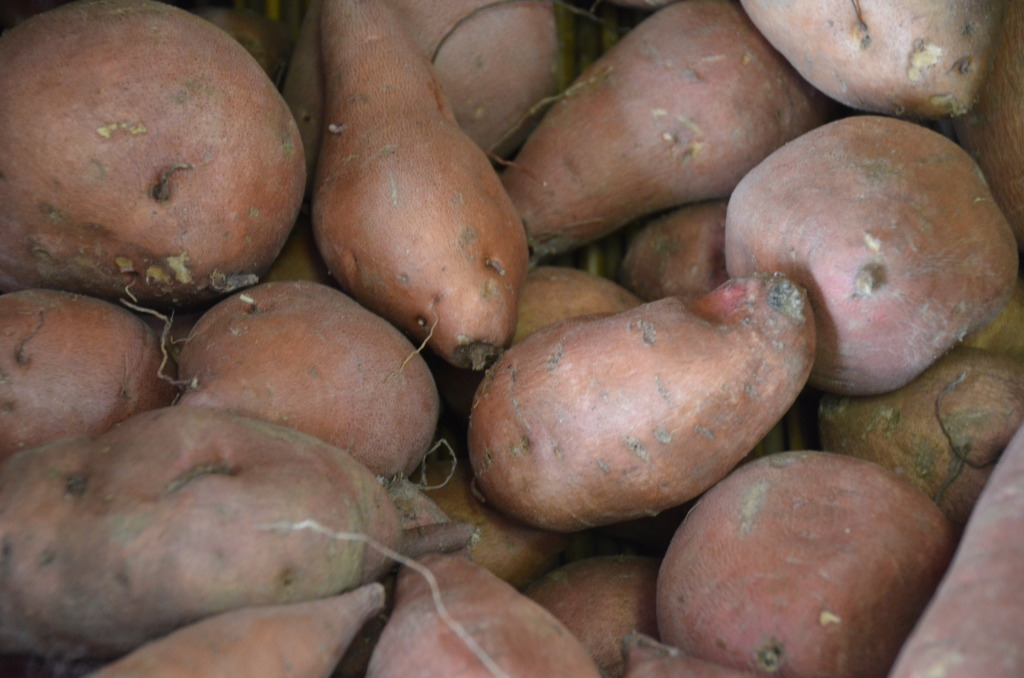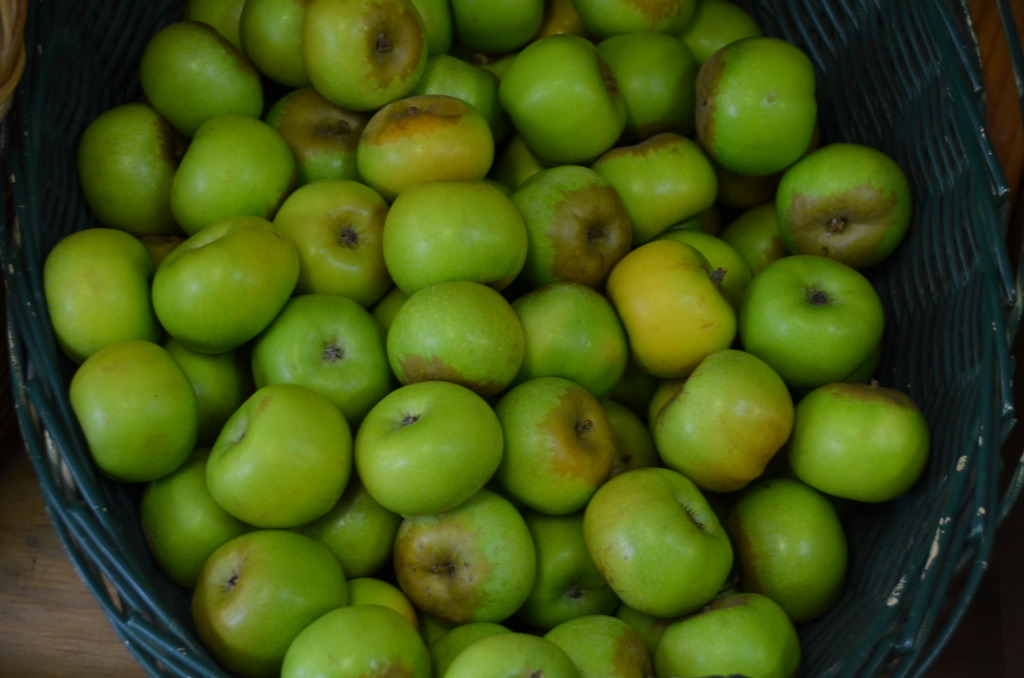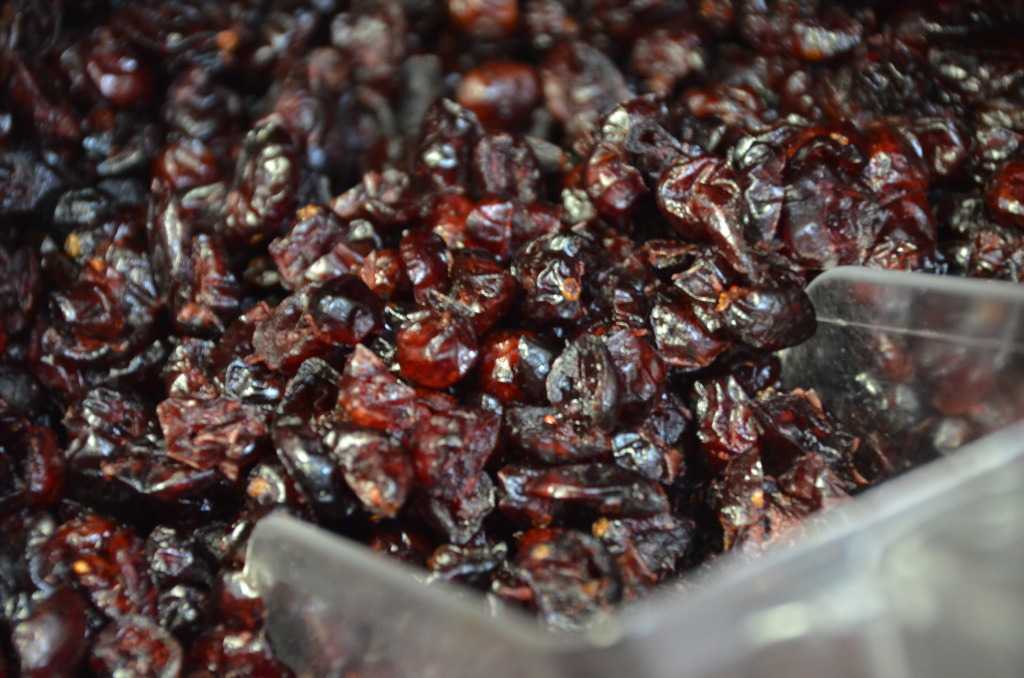With each passing year, the mad rush for pumpkin flavors seems to come earlier and get crazier than it did the year before. Contrary to popular belief, pumpkin is not the only fall flavor out there. The seasonal produce selection for autumn also includes apples, squashes, pecans, cranberries and sweet potatoes; other fantastic fall flavors feature chai spices and maple syrup.
That being said, here are five fun facts about fall foods for you to mull over before your next grocery run.
1. Candy

Photo by Smita Jain
Okay, so candy’s not a fall food, but trick-or-treating does have historic roots. In Europe, during first century CE, Celtic celebrations of Samhain (pronounced sow-in), people renewed their connection with deceased family members by sharing food. Wealthy families prepared feasts for their poorer neighbors, who in turn, dressed up as the dead before going door to door to receive “treats” of food. Refusing to give food was believed to invoke punishment from God. Thankfully, modern day “tricks” don’t usually involve retribution of the same level.
2. Chai

Photo by Smita Jain
Rooibos (pronounced roy-boss) tea originated exclusively from the southwestern region of South Africa, and still today, it serves as a perfect cup of tea before bed. Unfortunately, it doesn’t work as well for students pulling all-nighters–this herbal tea contains no caffeine. It does, however, help fight acne, aging and insomnia with its high levels of antioxidants.
3. Sweet Potatoes

Photo by Smita Jain
Nope, sweet potatoes and yams are not interchangeable! Sweet potatoes come from South America in two varieties: soft and firm. Yams are from Africa and Asia, are drier than sweet potatoes and may grow up to five feet long (Whole Foods offers yams as large as a forearm).
Tip for your next grocery trip: the store will potentially label soft sweet potatoes with copper skin and orange flesh as “yams” and label firm sweet potatoes with gold skin and lighter flesh as “sweet potatoes.”
4. Apples

Photo by Smita Jain
Associating apples with autumn dates back to the Gaelic Festivals of Samhain. The Celts included apples in many games because the fruit was typically in abundance at that time of the year. The Scottish played games using apples alongside elements of water and fire. The former activity eventually evolved into our modern day apple bobbing. (At some point in history, man decided that eating an apple hanging off the same stick as a burning candle would be a bit too dangerous for the average carnival booth.)
5. Cranberries

Photo by Smita Jain
Cranberries are native to North America and were introduced to the colonists by Native Americans during the first winter–hence, the traditional cranberry dressing during Thanksgiving. These little berries add to more than just the taste and visuals of our dinner plates. They also contain a ton of Vitamin C and boost the immune system, which makes them the perfect snack during the stressful, mid-semester work deluge.
The next time you’re in the grocery store hunting for sweater weather food, take a closer look at each of the aisles. There are more autumnal treats to be bought than those questionable Pumpkin Pie Spiced Pringles.


